Deep Neural Network Compression
We create new compression algorithms to shrink the compute and memory footprint of deep neural networks.
We are rethinking the next generation of AI-centric computing systems, by developing DNN compression methods, efficient hardware architectures, and end-to-end AI systems optimization.
September 2025
![]() Double Duty wins the Stamatis Vasiliadis Best Paper Award at FPL’25, and
Double Duty wins the Stamatis Vasiliadis Best Paper Award at FPL’25, and ![]() Yash is named an MLSYS Rising Star!
Yash is named an MLSYS Rising Star!
July 2025
![]() Many collaborations have recently led to publications: Flashdepth at ICCV’25, Quamba2 at ICML’25, and Double Duty at FPL’25.
Many collaborations have recently led to publications: Flashdepth at ICCV’25, Quamba2 at ICML’25, and Double Duty at FPL’25.
February 2025
Mohamed gave talks at Tower Research conference on synthetic software, and the LG AI Seminar, and Meta in NYC.
September 2024
![]()
![]() FLIQS accepted to AutoML’24 and won best-paper award! Also, Kratos accepted to FPL’24.
FLIQS accepted to AutoML’24 and won best-paper award! Also, Kratos accepted to FPL’24.
August 2024
![]() Students’s t-distributions, Generative NAS, and NAS Encodings accepted to ICML’24.
Students’s t-distributions, Generative NAS, and NAS Encodings accepted to ICML’24.
June 2024
![]() Beyond Inference accepted to DAC’24 and NAS Latency Predictors accepted to MLSYS’24. Also, PQA accepted to TRETS/FCCM’24.
Beyond Inference accepted to DAC’24 and NAS Latency Predictors accepted to MLSYS’24. Also, PQA accepted to TRETS/FCCM’24.
January 2024
![]() Mohamed received the NSF CAREER Award to co-design efficient LLM hardware, software, and algorithms.
Mohamed received the NSF CAREER Award to co-design efficient LLM hardware, software, and algorithms.
January 2024
Mohamed gave talks at Qualcomm Research, Yale University, and KAUST on efficient machine learning.
June 2023
![]() Our group received an NSF Award to study fine-grained DNN sparsity.
Our group received an NSF Award to study fine-grained DNN sparsity.
May 2023
![]() Multi-Predict accepted to AutoML’23 and BRAMAC accepted to FCCM’23.
Multi-Predict accepted to AutoML’23 and BRAMAC accepted to FCCM’23.
February 2023
![]() Zero-Cost Operation Scoring accepted to AAAI and our extended work on Logic Shrinkage has been accepted to TRETS.
Zero-Cost Operation Scoring accepted to AAAI and our extended work on Logic Shrinkage has been accepted to TRETS.
December 2022
Mohamed gave talks at Zewail UST, Rutgers Efficient AI Seminar, Untether AI, and the FAI Summit.
October 2022
![]() Adaptable Butterfly Accelerator accepted to MICRO’22 and BLOX accepted to NeurIPS’22 D&B Track.
Adaptable Butterfly Accelerator accepted to MICRO’22 and BLOX accepted to NeurIPS’22 D&B Track.
October 2022
![]() Our group received an Intel grant to study hardware-accelerated DNN inference.
Our group received an Intel grant to study hardware-accelerated DNN inference.
September 2022
Mohamed gave a keynote at the International Symposium for Applied Reconfigurable Computing, and a talk at the AutoML seminar.
August 2022
![]() Our group received a Meta Research Award in Networking for AI.
Our group received a Meta Research Award in Networking for AI.
April 2022
Mohamed gave a talk at the Crossroads FPGA seminar.
March 2022
![]() We received a TCS Research Award to study heterogeneous DNN computing.
We received a TCS Research Award to study heterogeneous DNN computing.
January 2022
![]()
![]() Logic Shrinkage paper accepted to FPGA’22 and nominated for best-paper award!
Logic Shrinkage paper accepted to FPGA’22 and nominated for best-paper award!
January 2022
Mohamed and Jordan joined the International Centre for Spatial Computational Learning.
January 2022
![]() The Abdelfattah Research Group is formed at Cornell University, in the NYC Cornell Tech campus.
The Abdelfattah Research Group is formed at Cornell University, in the NYC Cornell Tech campus.
We create new compression algorithms to shrink the compute and memory footprint of deep neural networks.
We analyze and optimize AI systems that host, shard, compress, and deploy large language models.
We design new hardware architectures to accelerate efficient AI algorithms.
We rethink reconfigurable computing architectures for low-latency custom AI computing.


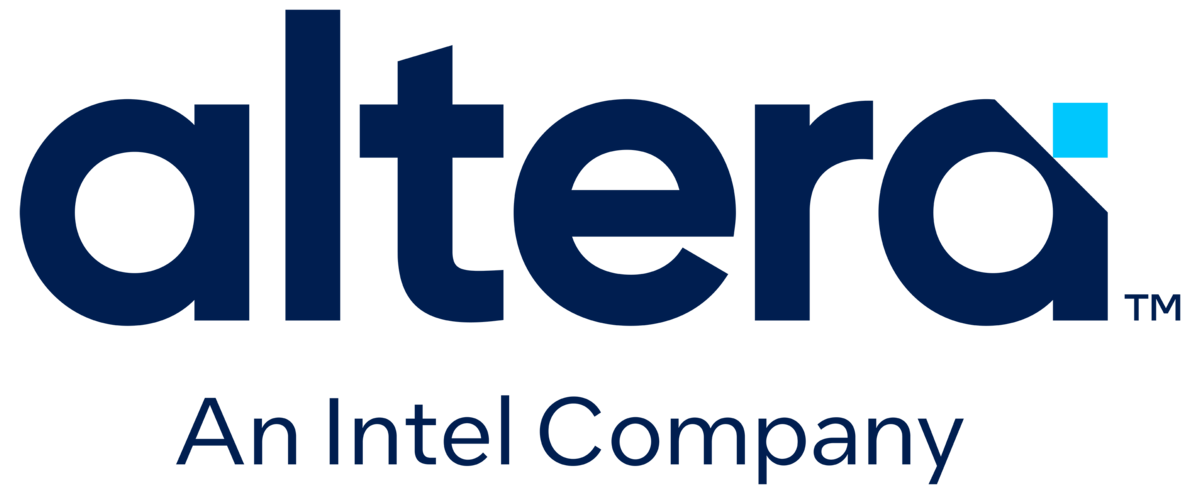




 Marta Andronic
Marta Andronic Angela Cui
Angela Cui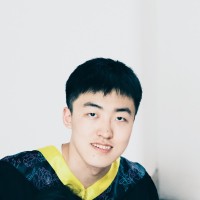 Yifei Gao
Yifei Gao Yassine Ghannane
Yassine Ghannane Rebecca Helling
Rebecca Helling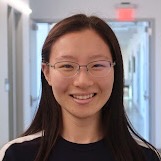 Zhanqiu Hu
Zhanqiu Hu Rahul Jain
Rahul Jain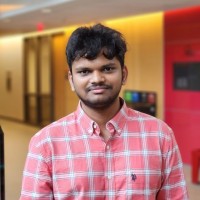 Aditya Kotha
Aditya Kotha Emirosman Murtazayev
Emirosman Murtazayev Kristine Pham
Kristine Pham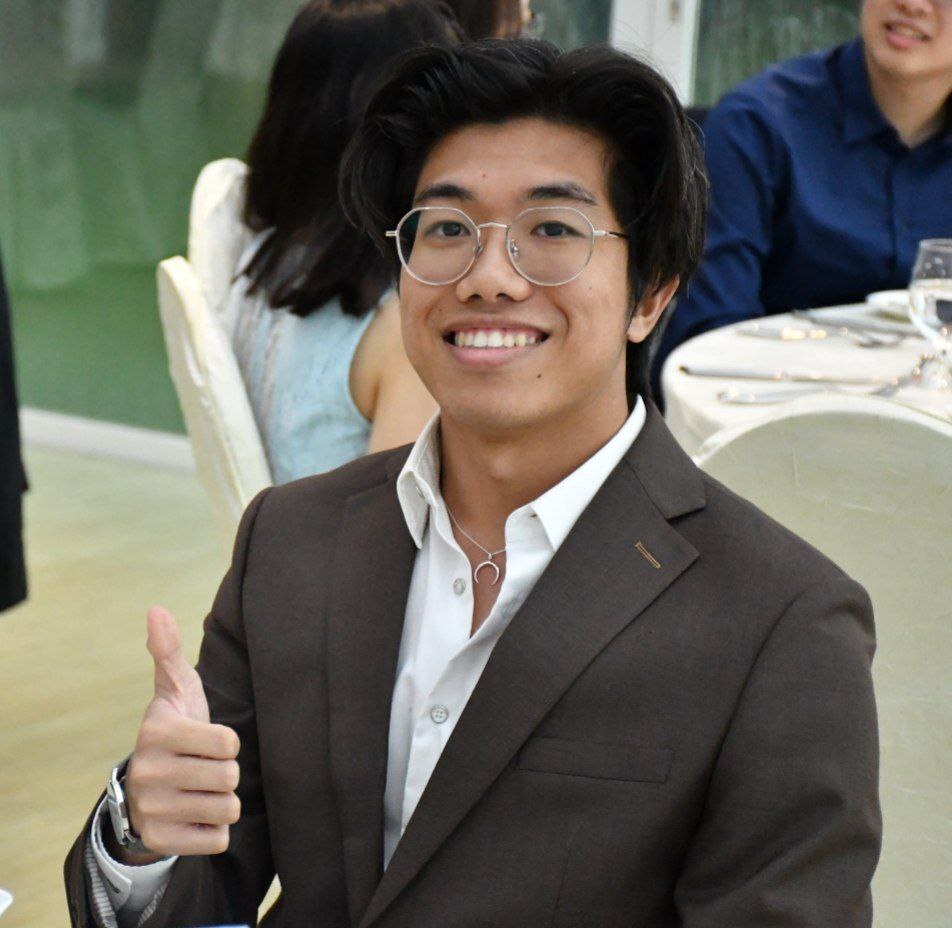 Junius Pun
Junius Pun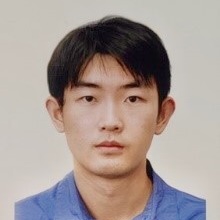 Buqing Xu
Buqing Xu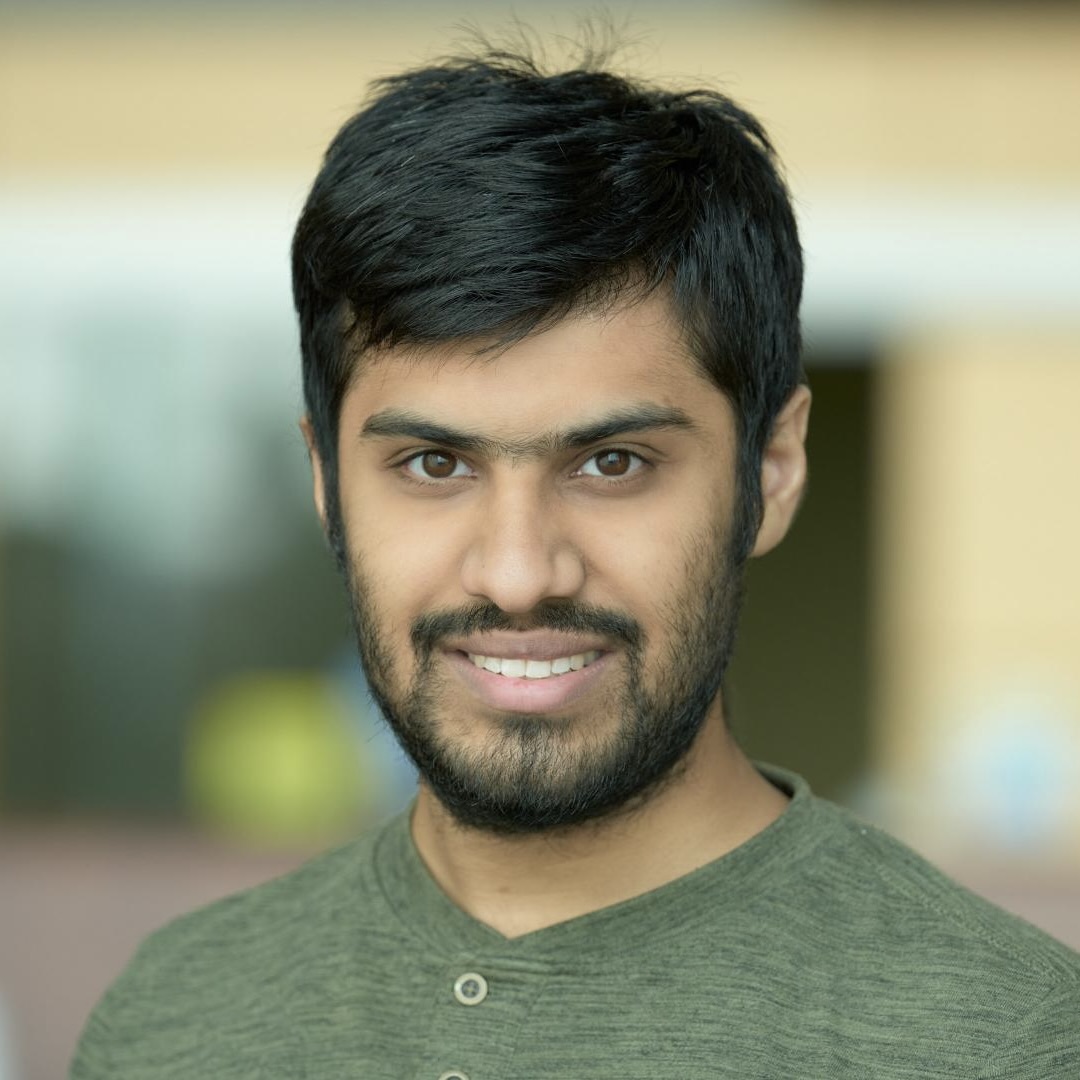 Ussama Zahid
Ussama Zahid Allan Zhang
Allan Zhang